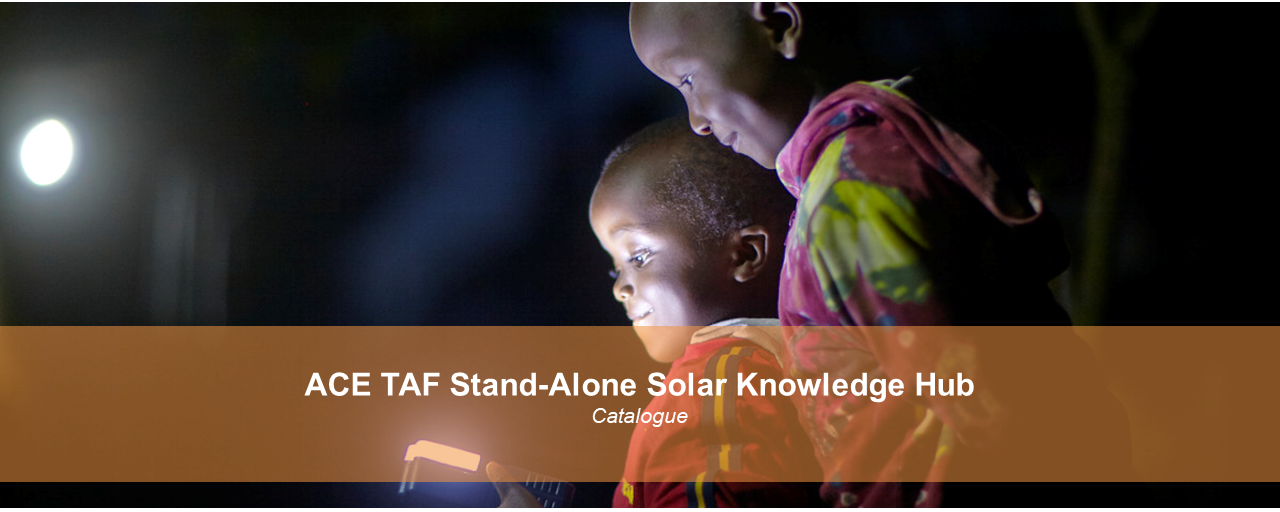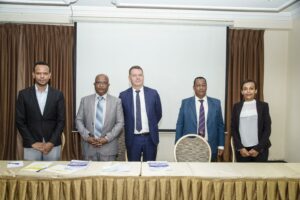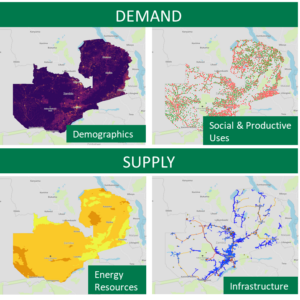The Africa Clean Energy Technical Assistance Facility (ACE TAF) is delighted to feature in this quarter’s bulletin the SAS Catalogue of all knowledge products developed. Over the last two years ACE TAF conducted studies and developed resources that will move the continent closer to a more equitable energy transition. The intention of many of these studies and tools is to provide governments with evidence to make informed policies and regulations that do not negatively impact the off-grid sector. In addition, the analysis attempts to ensure that we provide insights and recommendations that consider the perspective of all stakeholders – governments, private sector and donors alike.
While all this information may be found on the ACE-TAF web site, the catalogue provides an easy way to navigate and find specific documents by clustering them under recurring themes of Affordability, Consumer Protection and Energy as an Enabler. In addition, ACE TAF developed Foundational Evidence that provides insights on political, social, and private market conditions in all countries.
As a sneak preview, these are the resources you can expect to find.
Foundational Evidence: At the core of the Foundational Evidence are 2019 Country Fact Sheets and updates to these Market Assessments completed in 2021, as well as Opportunity and Trend Briefs and from all 14 countries. Our response to the COVID 19 pandemic restrictions, and issues regarding financial access including forex limitations in Ethiopia, and investment maps in Ethiopia, Nigeria and Sierra Leone, and additional market intelligence such as potential economic impact of local manufacturing, limitations on the awareness of the benefits of off-grid solar has on electrification, and recommendations to demonstrate how off-grid energy programs can be more inclusive to ensure we leave no one behind are also included
Affordability: ACE TAF provides analysis and recommendations on alternative consumer financing models, how demand side subsidies can support consumers without distorting the markets, how government fiscal policies impact cost and access to stand alone solar solutions, and how the cost of distribution plays a part in the price of SAS.
Consumer Protection: IFC and ACE TAF have been supporting governments in the adoption and implementation of the International Electrotechnical Commission (IEC) quality standards for SAS and advising governments on streamlining pre-export verification of conformity to standards processes to protect consumers. In addition, this section includes e-waste management guidelines that help strengthen consumer protection.
Energy as an enabler: ACE TAF is taking a demand driven approach to support government agencies and stakeholders to facilitate the discussion on the intersection between energy and critical economic and social development issues, specifically targeting the benefits of energy for the healthcare sector and productive use of energy for improved agriculture productivity and food security.
We trust that you will find this resource useful. Please do submit your feedback on what you found most useful and what you would want to see included in the catalogue in the future.










